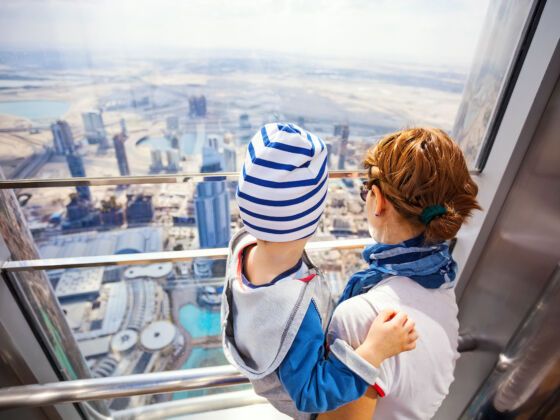Rosemary Gillan Griffith-Jones, Write. SaidRose
“I’ve learned to adopt a ‘see local, do local’ attitude when driving in foreign countries, whilst reminding myself to behave when I’m back on home turf in Melbourne. In Malaysia, I quickly learned that the most important rule for a Malaysian driver is that he must always be in front of all other cars on the road. I also learned that I must look as un-female and un-expat as possible, particularly on rural roads. Early afternoons are the worst because the driver has had a long leisurely lunch at his local mamak (Muslim food stall) and then heads back to his kampong (village) for a nice afternoon nap. On a road with an 80 km/hour speed limit, he is presumably satiated with a good nasi lemak (the Malaysian national dish) that he washed down with a teh tarik (hot foamy tea with milk). He travels at a leisurely 60 kms/hour until his sleepy eyes spot the Western female in his rear vision mirror who is patiently waiting for oncoming traffic to clear before she can overtake. At the precise moment she has the all clear to proceed, he guns it. The chequered flag goes down, his accelerator pedal gets hit to the max, and the Malaysianapolis 500 begins.”
